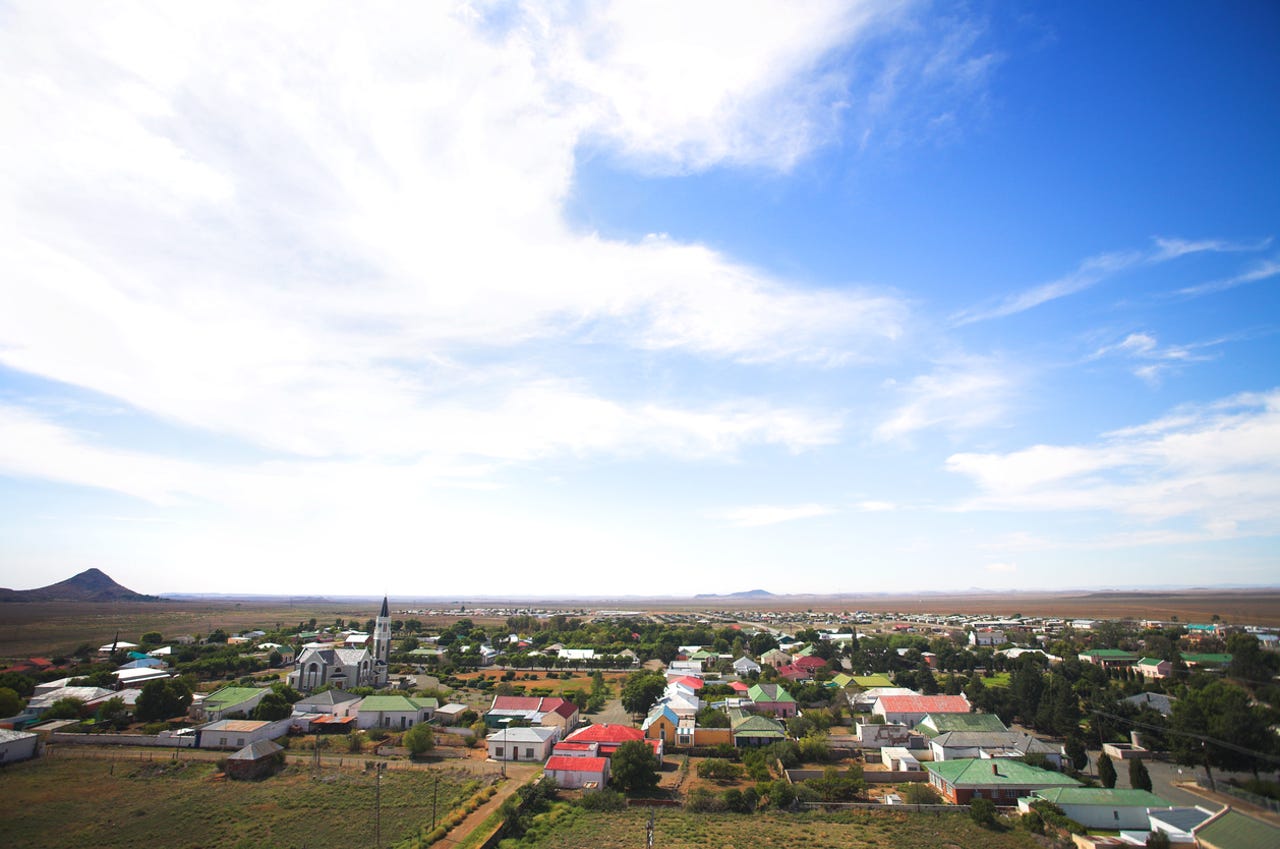How could Amazon deliver without an address? This startup may have the answer


In many developing countries, lots of people don't have formal addresses so using their GPS coordinates for deliveries could boost e-commerce.
Forget Amazon's much-vaunted testing of drone deliveries to your home. South African startup WumDrop has launched a new precision service that delivers parcels to GPS coordinates taken from a customer's phone, rather than a physical address.
The Deliver2Me service, which relies on old-fashioned trucks and bikes to drop off packages rather than drones, is launching with the backing of a local retail group but has been on trial since November.
Founder Simon Hartley says during the testing phase, the firm boasted "100 percent accuracy" for delivery, beating traditionally-addressed deliveries over the same space of time.
Delivery to GPS coordinates has long been mooted as a solution to a global problem that impedes the growth of e-commerce in many developing countries. Lots of people in many nations don't have formal addresses.
Unless you're the victim of unfortunate circumstances or have made a specific life choice, chances are that if you're reading this, you probably know where you live. And that's important, because without an address you probably can't get a job, a bank account, apply for credit -- and you probably can't buy much online if no one can deliver it to you.
Yet we're rapidly approaching a point, if we're not there already, where more people have access to the internet than have a physical address.
UN organisation the Universal Postal Union reckons there are four billion people who don't have a proper address, while the International Telecommunications Union estimated that 3.2 billion people were online in some form by the end of 2015.
"Even in South Africa, which has arguably the best road and address infrastructure in Africa, address data has an unacceptably high rate of inaccuracy," Hartley says.
As in many African countries, there are large areas of South Africa which simply don't have formal street names and numbers. This inhibits the deployment of emergency services, and postal services, even in the relatively wealthy middle classes, are still sub-par and not reliable or accurate enough for many.
Some solutions have been launched in the past. What 3 Words, for example, allows people to create their own addresses based on GPS and a pass phrase, but hasn't achieved huge scale in areas where it's needed.
WumDrop launched 18 months ago as a platform for booking low-cost courier services, specifically because the high price of deliveries was holding back e-commerce development in South Africa.
Hartley describes WumDrop's Deliver2Me service as a response to the issues the company has faced with speeding up deliveries and says the plan is to expand into neighbouring countries.
While Deliver2Me takes location data from a mobile handset, at the moment it is only available via a web browser rather than a native app. Hartley says this restriction is partly down to privacy concerns: once a deliver has been made and the browser closed down, the web app can't carry on pinging a customers' location.
"That means that we don't, and can't, track users from the second the driver has executed the delivery, or from the moment that a customer cancels the order for whatever reason," Hartley says.
"This is a significantly safer proposal than tracking in a native app, which is only a terms and services change away from tracking an end user in the background."
The Deliver2Me website.